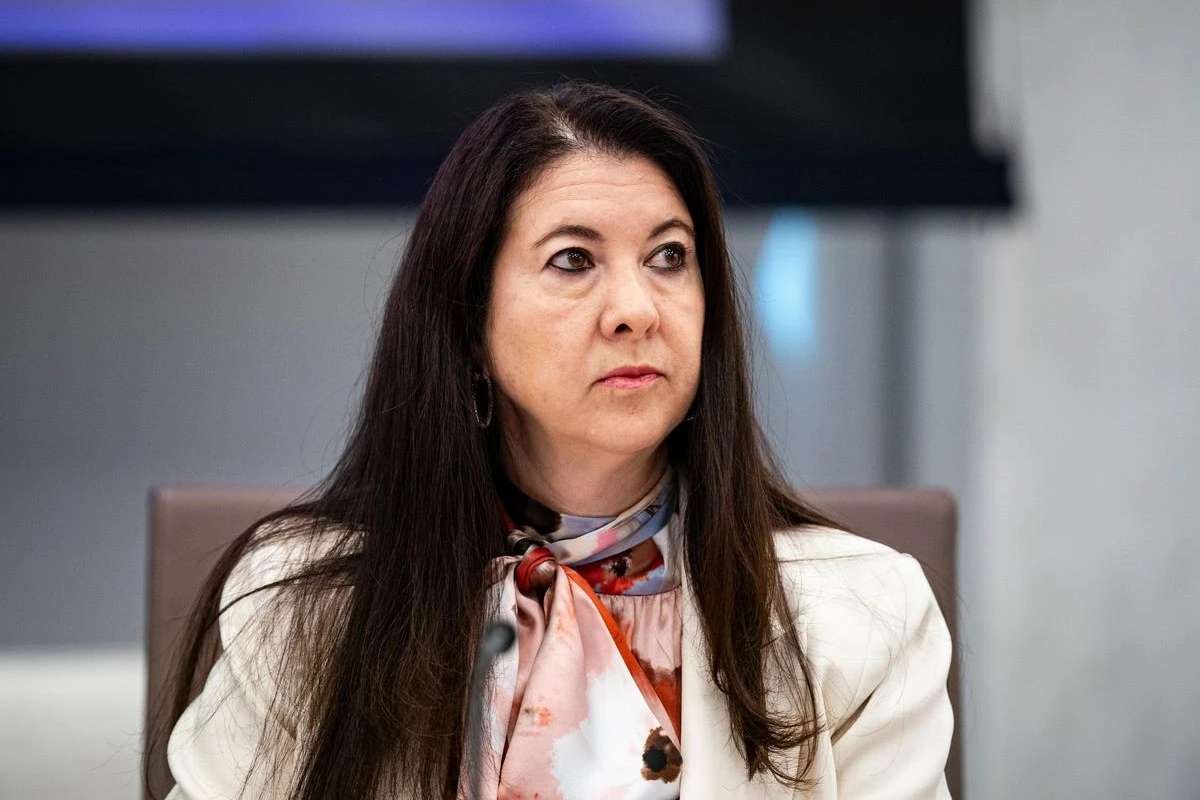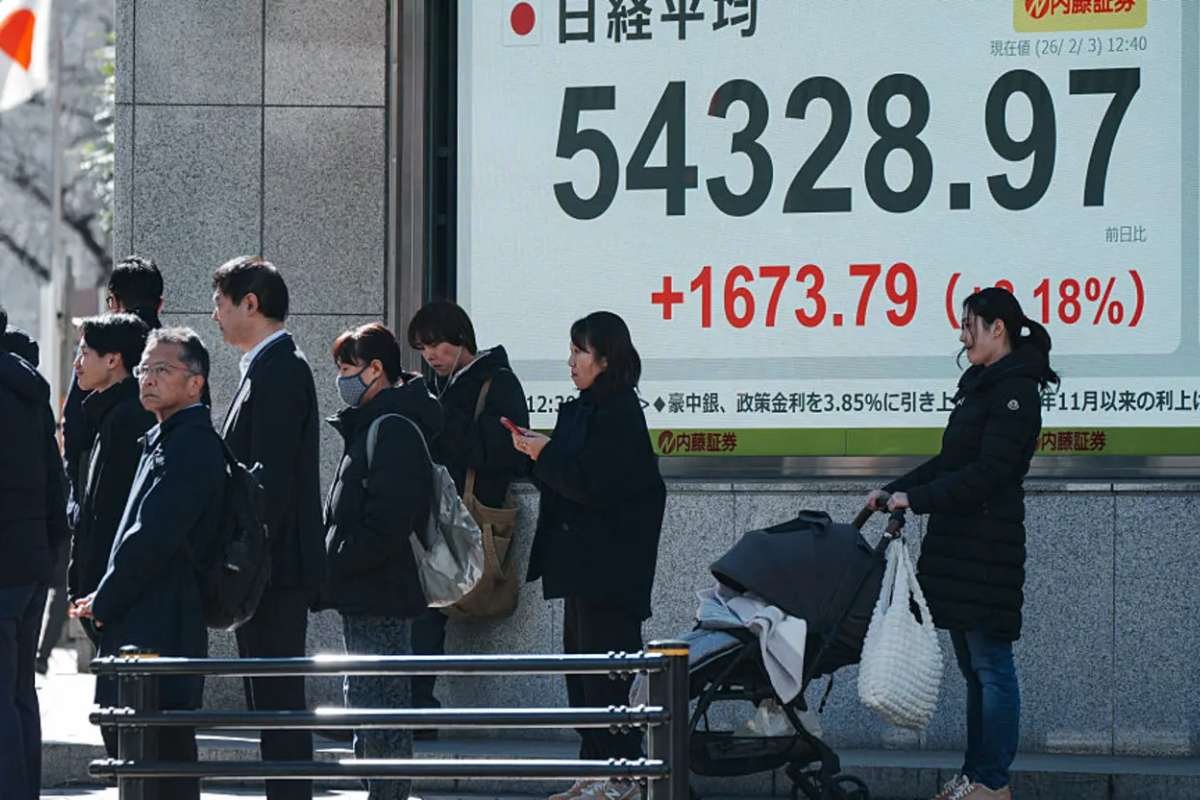Key Points:
- Resignation: Former Governor Adriana Kugler quit in August 2025 amid an ethics scandal.
- Violations: Over a dozen 2024 trades, including Apple and Southwest, broke blackout rules.
- Fallout: Her exit sparked ethics reviews and opened a Fed seat for President Trump’s pick.
The Federal Reserve is grappling with renewed scrutiny after disclosures revealed that former Governor Adriana Kugler engaged in stock trades that violated the central bank’s strict ethics rules. The trades conducted in 2024 by Kugler or her spouse involved shares of major companies such as Apple, Caterpillar, and Southwest Airlines. What makes these transactions particularly concerning is their timing: several occurred during restricted blackout periods that directly preceded key interest-rate meetings.
Blackout windows exist to protect the integrity of monetary policymaking by preventing officials from trading when they have access to sensitive economic information. When a senior Fed figure such as former Governor Adriana Kugler is found to have breached those rules, the implications go beyond procedural lapses; they raise questions about whether policymakers might benefit, even unintentionally, from insights unavailable to the public.
Adding to the seriousness, Kugler’s final financial disclosure form was never certified by the Fed’s ethics office, an uncommon and highly visible red flag. The matter has now been referred to the Federal Reserve’s Office of Inspector General for a formal investigation. For an institution that relies heavily on credibility, even the appearance of impropriety can be damaging, especially at a time when markets hang on every signal from the central bank.
Abrupt Exit and Its Ripple Effects
Former Governor Adriana Kugler’s sudden resignation in August 2025, well before her term’s scheduled end, has intensified speculation about what was happening behind the scenes. Her departure came soon after she reportedly requested a waiver to resolve issues connected to her non-compliant investment holdings, a request that was ultimately denied. Shortly before leaving, she also missed the late-July FOMC meeting, officially citing personal reasons.
This sequence of events has prompted questions within policy circles about whether the Fed had been managing an internal ethics concern while preparing for one of its most consequential policy cycles. Her resignation not only removed an influential voice from the Board of Governors but also opened a vacancy that was filled quickly, shifting the board’s composition at a critical economic moment.
For an institution that strives to maintain stability and predictability, abrupt departures of high-ranking officials can generate both political and market uncertainty. Observers note that the transition came at a time when the Fed was navigating complex questions around inflation, interest-rate cuts, and recession risks, making transparency and internal trust more vital than ever.
Ethics Framework Under Intensifying Pressure
The unfolding controversy has reignited longstanding concerns about the Fed’s ethics system, which was overhauled in 2022 following earlier trading scandals. The updated rules prohibited senior officials and their families from buying individual stocks and required advance notice for most investment transactions. Yet, the Kugler episode suggests that policy reforms alone may not be sufficient without stronger enforcement mechanisms.
Lawmakers have already called for more stringent and legally enforceable standards to ensure officials are held accountable. The investigation will now determine whether any disciplinary or procedural actions are warranted, and whether the Fed’s oversight processes need further strengthening.
For the public, the financial sector,o r or policymakers worldwide, the issue extends beyond one official. The resignation of former Governor Adriana Kugler speaks to the broader challenge of maintaining trust in an institution whose decisions move global markets. As the inquiry progresses, it is likely to fuel renewed debate about how the Federal Reserve can reinforce its ethics culture and prevent future breaches that threaten confidence in America’s central bank.
Sources:


















